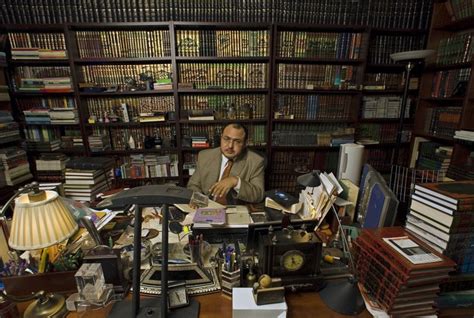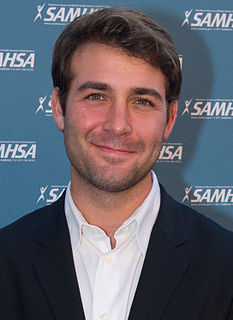A Quote by Stephen Hough
I haven't studied theology in any systematic way. I don't think I'd find certain subjects - canon law, for instance - terribly interesting. But I'm always picking around and finding different things.
Related Quotes
Think about that: at a time when it was inconceivable to have a woman rabbi or a woman scholar of Christian theology or canon law, the Islamic civilization boasted hundreds of women who were authorities in Islamic law and Islamic theology and that taught some of the most famous male jurists and left behind a remarkable corpus of writings.
I always have the feeling that my subjects are the same - I'm just changing my point of view. I'm going to move a little bit this time and watch it a different way. But at the end, I think I'm always fascinated by the same things, except I will express them over and over again, with different words, with different colors, with different shapes. But strangely it will always be the same topics or subjects that are so important to me.
There's a limit of any form of representation; it's the same about writing about visual art. I still think it's useful for people to think through things in a deeper way, and use adjectives even if they're not sufficient, you know? I always find it interesting what terms they use to refer to the work. It's always different, and that's kind of intriguing. Sometimes it's clichés, but often it's really creative ways of paraphrasing or reformatting what to mean seems something else. I like that, personally.
Often, I think you find that you're enjoying certain things, you've got this new way of listening, and you find that you really enjoy the way that sounds on it and the way this other thing sounds on it and the way that other thing sounds on it. So, you're finding a new pleasure that you didn't know about before.
I write about people I think are interesting, and then I discuss it with my editor, and she decides if she thinks it will be interesting to children as well. If I have no great interest in the subject, I find the work to be terribly boring. And if I find the person interesting, I love the research part and, by extension, the writing as well.
I find that the interesting challenges, because there's obvious things where, you know, don't be unethical, don't be evil, you know, don't break the law, don't do immoral things, those are all straightforward and don't create ethical dilemmas. The thing that's interesting is when you actually have multiple interests at stake and you have to kind of navigate your way through it.
Finding a kid that could be introspective and internal and thoughtful, and then also be wild and free and guileless and physical, it was hard. So at the end we started getting down to panic time, and we still hadn't found our Max. And we decided to go about it a different way. We said, "Let's just find friends of ours that live in interesting cities in the country that maybe aren't as big, and people that don't do casting." And thinking maybe you find a place that has an artistic community, maybe we'll find some interesting kids from there.
Canon law pertains to Catholics. Jewish law pertains only to Jews. But the sharia dictates every basic aspect of human life, asserts its authority over non-Muslims, unlike Jewish law and unlike canon law, which is why they're slaughtering Christians, they're slaughtering secular Muslims across the Muslim world.









































